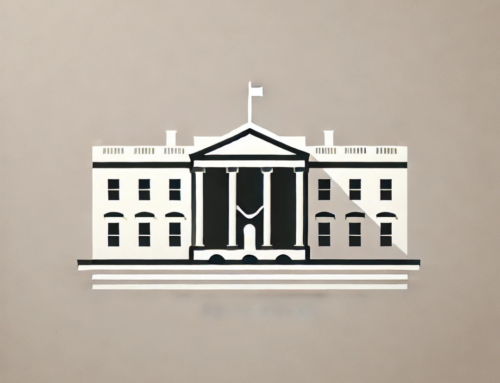The Colorado Supreme Court’s decision to remove former President Donald Trump from the ballot over allegations related to the Capitol riot of January 6, 2021, has stirred significant political debate. It’s crucial to understand that this action was based on an indictment, not a conviction from a criminal trial. An indictment is a formal charge issued by a grand jury, which can decide by a simple majority based on the evidence and testimonies presented solely by the prosecution. The defense doesn’t participate in this process. The defense is not allowed to question the evidence to determine whether any evidence was legally obtained. It is a one-sided affair.
From a political standpoint, President Trump is going to continue pushing this Colorado narrative because it makes his point of being unjustly targeted by those in power. This message connects him closer to minorities and voters feeling disenfranchised by a political elite. Here is the message:
The 4-3 split decision, with all Democratic-appointed justices voting for removal, did not involve a comprehensive trial or an opportunity for Trump’s defense team to present its side. This has raised concerns about fairness and due process, especially considering the allegations’ political and highly charged nature.
This situation may resonate with minority communities who have long experienced and perceived injustices within the legal system. Data from the CATO Institute and Pew Research Center reveal deep-seated mistrust among African Americans and Hispanic Americans towards the criminal justice system, feeling it is biased and treats people of color less fairly.
The CATO Institute found that only 17% of black Americans and 27% of Hispanic Americans believe the criminal justice system treats everyone about the same. A strong majority (72%) of African Americans and a slim majority of Hispanics (51%) believe the justice system gives preference to whites. In a recent Pew Research Center survey, around nine in ten black adults (87%) said blacks are generally treated less fairly by the criminal justice system than whites.
Trump, although white, positions himself as an outsider fighting against a corrupt establishment, a narrative that appeals to those who feel marginalized or unfairly targeted by authorities.
The question President Trump has firmly planted in people’s minds is this: If the government can do this to a former President who is white, rich, and can afford the best lawyers, what chance do you have if the government decides to come after you?
For many minority voters, Trump’s ordeal seems like another example of the system’s selective persecution, echoing their experiences of disproportionate scrutiny and punishment. His narrative of challenging the establishment and being targeted for his outspokenness may find unexpected sympathy among these communities, aligning with their experiences of systemic bias.
Being unfairly targeted by those in power is a sentiment often shared in minority communities, and President Trump is aligning his experience with them.





